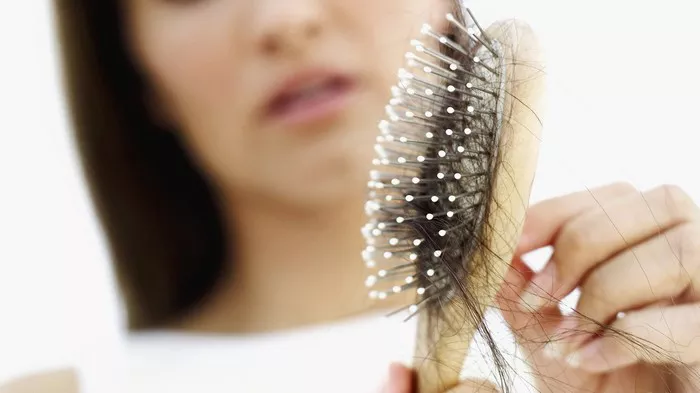Hair loss is a common concern that affects individuals of various ages and genders. As technology and medical advancements progress, different approaches to address this issue have emerged. One such avenue gaining attention is Hormone Replacement Therapy (HRT). In this article, we will delve into the question: Does Hormone Replacement Therapy reverse hair loss?
Understanding Hormone Replacement Therapy (HRT)
Hormone Replacement Therapy, commonly known as HRT, involves the administration of hormones to replace or supplement those the body may lack. This treatment is often associated with addressing symptoms of hormonal imbalances, such as those occurring during menopause or andropause (male menopause). The primary hormones involved in HRT include estrogen, progesterone, and testosterone.
The Connection Between Hormones and Hair Loss
Hair loss is intricately linked to hormonal fluctuations within the body. Androgenetic alopecia, the most common form of hair loss, is often influenced by hormones, particularly dihydrotestosterone (DHT), a byproduct of testosterone. For both men and women, imbalances in sex hormones can contribute to hair thinning and loss.
HRT and Androgenetic Alopecia
Research has explored the potential impact of HRT on androgenetic alopecia. In cases where hormonal imbalances, particularly androgen excess, contribute to hair loss, HRT may have a positive effect. By restoring hormonal balance, HRT could theoretically slow down or even reverse hair loss in some individuals.
Estrogen’s Role in Hair Health
Estrogen, a key component of female sex hormones, has been linked to promoting hair health. It is thought to extend the anagen (growth) phase of the hair cycle, leading to thicker and more resilient hair. In women experiencing hormonal fluctuations, such as during menopause, the decline in estrogen levels can contribute to hair thinning. HRT that includes estrogen may help counteract this effect.
Testosterone, DHT, and Hair Loss in Men
In men, the relationship between testosterone, DHT, and hair loss is crucial. Testosterone, the primary male sex hormone, is converted into DHT, which can shrink hair follicles and contribute to male pattern baldness. Some forms of HRT aim to modulate testosterone levels, potentially inhibiting the conversion to DHT and mitigating hair loss.
Individual Responses to HRT
It’s essential to note that the response to HRT for hair loss can vary among individuals. Factors such as genetics, the specific type of hair loss, and overall health play a role in determining the effectiveness of HRT. While some individuals may experience positive outcomes, others may not observe significant changes in their hair growth.
Considerations and Potential Side Effects
Before considering HRT for hair loss, individuals should be aware of potential side effects and risks associated with hormonal treatments. HRT is not without controversy, and its use has been linked to certain health risks, including cardiovascular issues and an increased risk of certain cancers. As with any medical intervention, a thorough assessment of the individual’s health and a discussion with a healthcare professional are crucial before embarking on HRT.
Consulting with a Healthcare Professional
Before initiating Hormone Replacement Therapy for hair loss or any other purpose, it is imperative to consult with a qualified healthcare professional. A healthcare provider can conduct a thorough evaluation, including hormone level assessments, to determine the underlying causes of hair loss and recommend an appropriate course of action.
Combining Therapies for Optimal Results
In many cases, a comprehensive approach to addressing hair loss may yield the best results. Combining HRT with other proven treatments, such as topical minoxidil or low-level laser therapy, may enhance the effectiveness of the overall hair restoration strategy. A personalized treatment plan tailored to the individual’s unique circumstances is essential for optimal outcomes.
See Also: Can Low Vitamin D Levels Lead to Hair Loss: A Full Guide
Conclusion: A Personalized Approach to Hair Loss Treatment
In conclusion, Hormone Replacement Therapy shows promise in addressing hair loss, particularly when hormonal imbalances contribute to the condition. However, the effectiveness of HRT varies among individuals, and potential side effects must be considered. Before embarking on HRT, individuals should consult with a healthcare professional to assess their specific needs and potential risks. A personalized approach that combines various therapies may provide the most comprehensive solution for those seeking to reverse or slow down the progression of hair loss.


